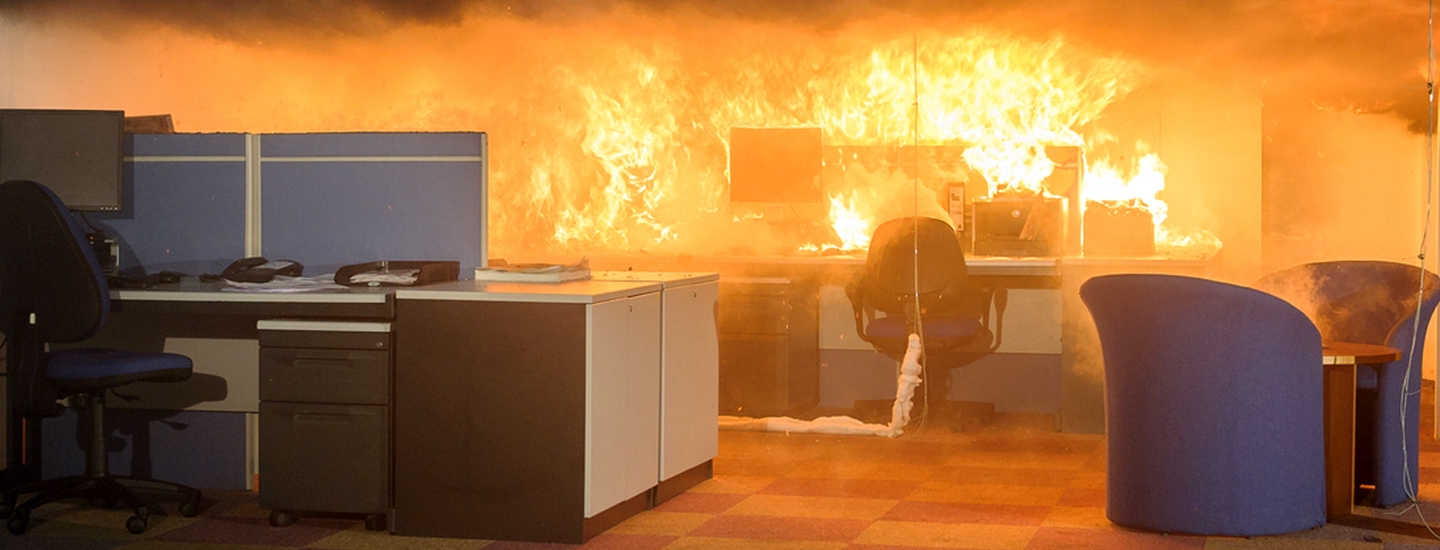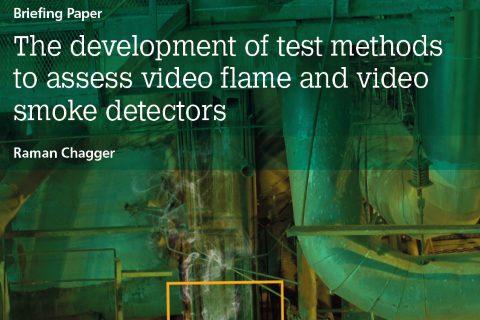This research has identified repeatable methods to test video flame and video smoke detectors that can support the development of a product test standard and related codes of practice.
Video fire detectors are increasingly being used to detect fires in areas where traditional detectors may be inappropriate or when a quicker response is needed or where visual verification is required. Video fire detectors use cameras to monitor large protected spaces, and sophisticated analytical algorithms to process the images obtained and identify the presence of smoke and/or flame.
Currently, due to their complexity and variable functionality, there are no defined and robust methods of assessing the capabilities of these detectors for testing and certification purposes. The purpose of this work was to develop methods to assess this technology that could be used to test and certificate these complex fire detection systems.
BRE Global and the Fire Industry Association (FIA) had been working on the development of test methodologies for these technologies for many years. Together with manufacturers of video fire detectors a collaborative experimental research programme was proposed to identify benchmark and operational performance test methods for two technology types – Video Flame Detectors (VFD) and Video Smoke Detectors (VSD).
Using the principles from existing fire detection standards tests were developed to assess the capabilities of these detectors when performed on the bench and in open spaces to real test fires. This work successfully progressed and developed repeatable test methodologies for assessing the performance capabilities of VFD and VSD.
This briefing paper summarises the findings of three collaborative studies performed on these technologies. The knowledge gained during this research work will support the various standardisation processes and contribute to the future development of related standards and codes.
We kindly request that you not download and circulate this briefing paper, but instead inform your colleagues and others of this URL. That will help us to gauge the level of interest in our publications and enable readers to provide feedback.
If you would like to be kept informed about new related publications and the latest industry news, please register to receive our monthly e-newsletters.
BRE is keen to obtain your views about this publication. We would be grateful if you could spare one minute of your time to give your feedback. Thank you.


